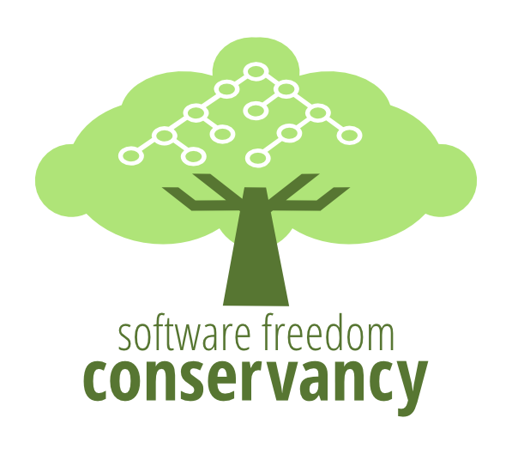

Paid search engine makes sense to me but paid browser does not. The browser’s target audience will have a better experience using a free of charge and Open Source browser than a paid one because the paid browser won’t integrate very well with package managers.
This is off topic but their search engine pricing is quite scummy. Either you pay $5 for 300 searches per month, which is too little, or you pay $10 for unlimited searches, which is too many for a mere mortal. They are trying to up-sell the $10 subscription.


So it’s a closed source browser that relies on donations? Or is it Open Source? I could not find much about it (eg. a git repo or something) and just assumed it would have a similar business model to the search engine.
Depends on the package manager. It’s probably easy on Debian, but more difficult on rolling releases, mostly because of dependency hell. Binary distributed software is also harder to integrate in a build system and cross-compilation to a different architecture is not possible.
Regarding the cost of the search engine, I don’t care about all the things you get. I just want a search engine and for a reasonable price compared to the price of their “all of them at once, I suppose” bundle.